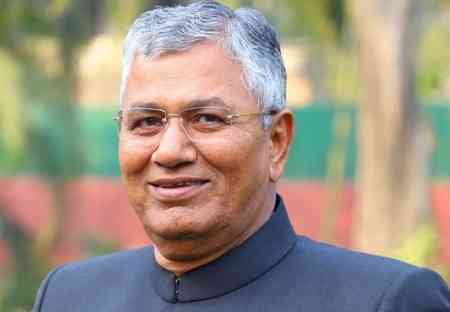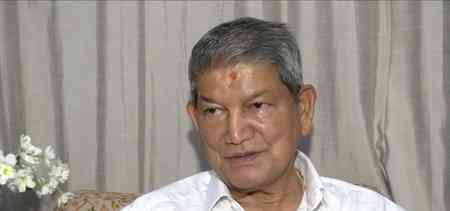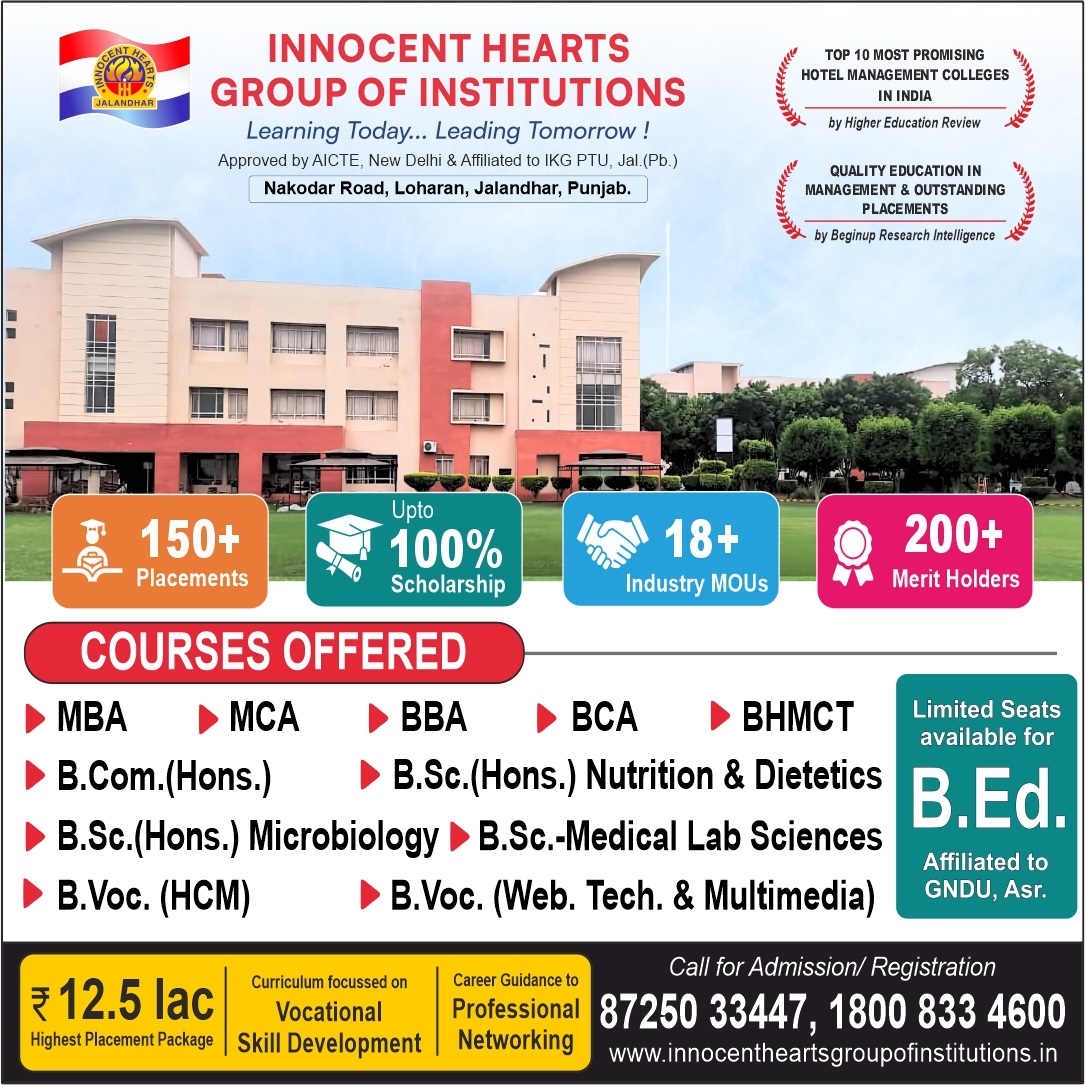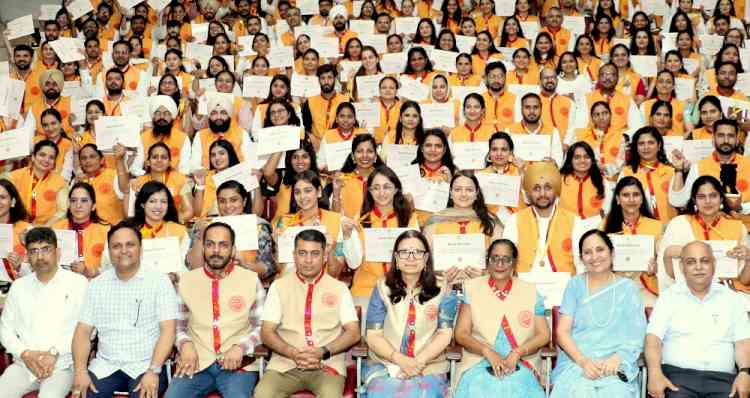PRE-BUDGET EXPECTATION- BY M.J BALACHANDER
Author. The importance of higher education services for India in the context of job creation domestically, human resource and skill development, earning of foreign exchange as well as creating an employable workforce are critical factors to...


Author.
The importance of higher education services for India in the context of job creation domestically, human resource and skill development, earning of foreign exchange as well as creating an employable workforce are critical factors to be considered. It is felt that India should be aiming at a sound regulatory framework with transparent rules and a stringent accreditation mechanism, which would protect the interests of students.
From the point of view of direct and indirect taxes, we would like to endorse that all inward services and goods to educational institutions which are currently liable for GST should be given the benefit of GST exemption. The services which are currently exempt to only pre-school and up to higher secondary school education should be extended to colleges, universities etc such as transportation of students, faculty and staff, catering services including any mid-day meals scheme sponsored by the central government, state govt., or union government, security, house-keeping services, admissions and examinations fee.
??In educational institutions, general taxable receipts like vacant land, playground rent, auditorium rent charged even for other educational institutions, canteen rent, building rent given to bank & atm, sale of uniforms, note books, stationery, donations in the name of building fund, lab testing charges collected from outsiders, examinations conducted on behalf of outsiders etc should also be given the benefit of GST exemption. These are all services which are required for the benefit of students and for the institution to run. These which have been brought under the ambit of GST should be removed to support and promote the benefits to students and in turn the education.
Accumulation of income u/s 10(23C(vi): The assesse can accumulate only 15% of the income for the future activities and if there is excess, it should be applied for the object within a period of five years. Hence relaxation in this clause is sought in terms of the percentage of accumulation and the period within which the income for future activities shall be applied. Investment in land for the purpose of expansion in terms of setting up educational institutions can be provided at subsidised rates to encourage and provide education.
We also expect TDS exemption to educational institutions as the income from the same is applied for charitable purpose. An attempt to encourage Indian institutions to enter into partnerships with foreign universities and offer joint degrees to Indian students should be promoted. This will give an opportunity for ‘global immersion’ to Indian students, who also get a foreign degree at a reduced cost. The academic quality, financial implications and administrative arrangements for recognising joint degrees have to be worked out between partnering institutions. This is also one of the areas which should be looked into.
(Mr. M.J BALACHANDER is CHAIRMAN, MVJ COLLEGE OF ENGINEERING)


 cityairnews
cityairnews 






